Low on energy? The Glucose Goddess has a cult-like following - scroll her game-changing blood sugar hacks now
Trust me - these could change your life.
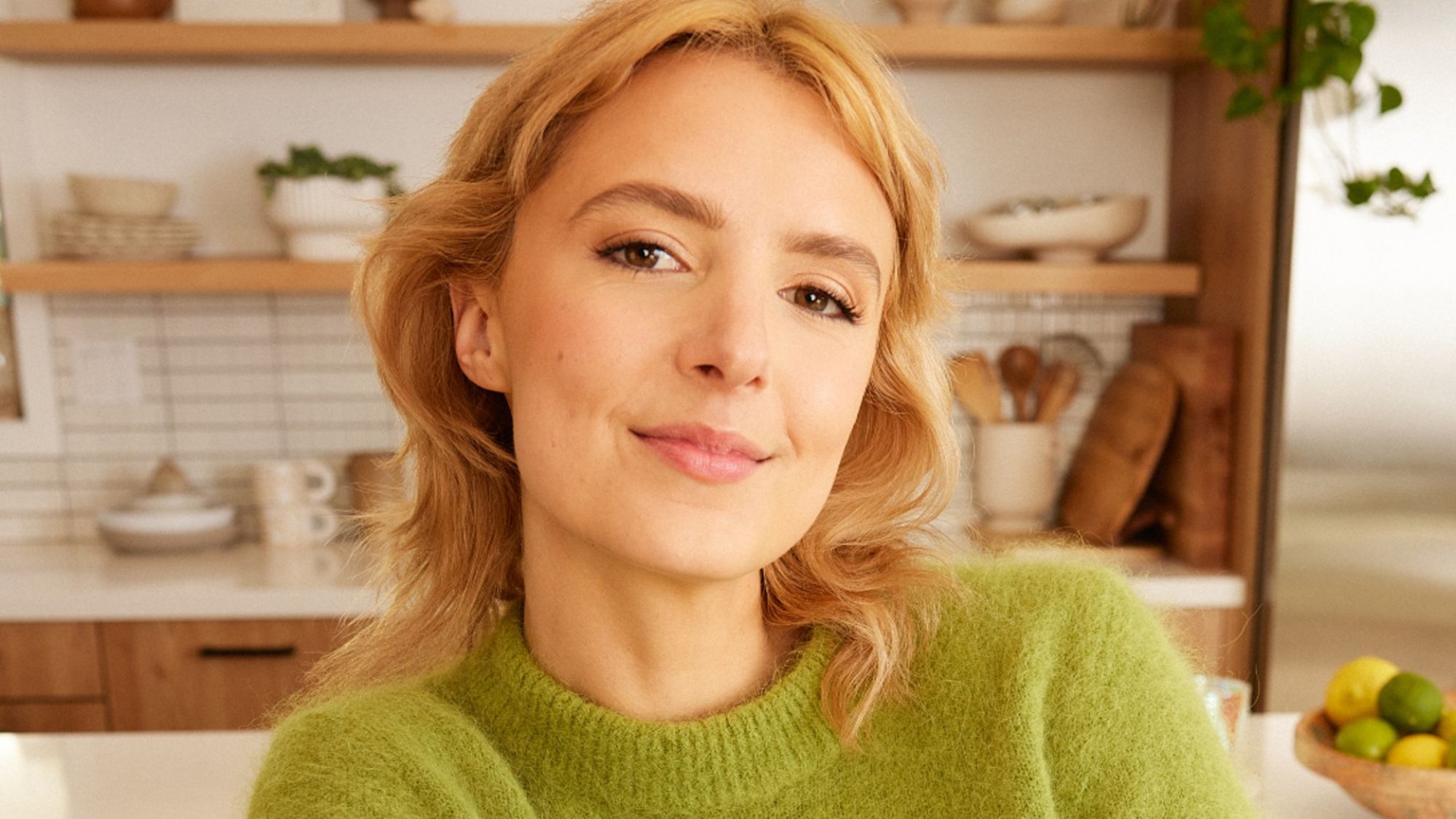
If you're Googling "Glucose Goddess hacks," you likely already follow Jessie Inchauspé on Instagram.
The French biochemist has slowly but surely amassed a cult-like following on social media with one simple formula - sharing graphs showing how her blood glucose spikes after different meals.
While blood sugar spikes are natural and happen when glucose amasses in your bloodstream, big glucose spikes that happen frequently aren't ideal for your health.
Why? Well, in the short term, they can result in fatigue, sugar cravings, and difficulty keeping your weight steady. Longer term, you could end up with chronic inflammation, one of the leading causes of diseases like stroke, heart disease, liver disease, and type 2 diabetes.
Take a bowl of pasta, for example. Her research shows that if you eat it on its own, you can expect to see a big glucose spike after you eat. Enjoy a salad beforehand, though, and you digest fibre before carbs, enabling your body to process the carbohydrates more effectively and without such a big glucose spike.
Some of us are better equipped to manage blood sugar spikes than others, but they'll largely affect anyone with polycystic ovarian syndrome or diabetes, alongside those who consume a highly processed diet.
While it isn't a new concept (blood spikes have been studied in humans since the early 2000s, including in this 2002 study), Jessie's famous hacks that she offers her followers are. They're straightforward, easy to follow, and realistic - no diet fads asking you to cut out foods you love, here.
Marie Claire Newsletter
Celebrity news, beauty, fashion advice, and fascinating features, delivered straight to your inbox!
Keen to scroll through Inchauspé's top hacks for stabilising your blood sugar levels? You're in the right place. Do read my own experience of following an inflammation diet - aka following the biochemist's hacks for six months - and our guide to the best glucose goddess recipes, while you're here.
Glucose goddess hacks: 5 steps to improved energy, mood and more
As above, the Glucose Goddess "hacks" are designed to help you stabilise your blood sugar spikes.
Rather than restrictive diets of the past that encourage avoiding certain food groups or omitting drinks you love, Inchauspé's hacks are different - her hacks promise to change your health without massively changing your diet.
A lot of the focus is on eating or drinking your food or drink in a different order, moving after your meals, or adding a little vinegar to your salad dressings, stews or drinks.
To read her five non-negotiable Glucose Goddess hacks, keep scrolling.
A post shared by Jessie Inchauspé (@glucosegoddess)
A photo posted by on
1. Have a savoury breakfast
This, the pro explains, is non-negotiable. "Making sure you have a savoury breakfast - one that is based around protein and doesn't contain anything sweet in it except whole fruit - is key," she stresses. (Our guides to how much protein you need and the best protein powders might come in handy here).
Why? Well, a savoury breakfast will keep your glucose levels steady for the whole day and considerably reduce cravings, she explains.
"Plus, if you usually eat breakfast, don't stop eating it to "save yourself" for bigger meals," she goes on. It's a recipe for overeating later because you're starving. Trust us on this one.
While it might take some getting used to, you'll likely feel more satiated and notice more stable energy levels within a few weeks. Trust me - I've been eating savoury breakfasts for the majority of this year now and can't believe how different I feel. My go-to is normally scrambled eggs, avocado, spinach and black olives, a veg-packed omelette if I've got the time, or a Greek yoghurt bowl with flaxseed, chia, blueberries and nut butter, if I fancy something that tastes a little sweeter without the sugar crash.
Not sure where to start with a savoury breakfast? Try the following:
- Two-egg omelette with tomatoes and feta
- Toast with smoked salmon and cream cheese
- Mushrooms on toast
- Shakshuka
- Unflavoured Greek yoghurt, nut butter, seeds and wholefruit.
- Chia seed pudding.
2. Add a bit of vinegar
Did you know? Research shows that drinking vinegar before a meal will curb the glucose spike of what you eat afterwards by up to 30% – without you needing to change anything about the meal you're about to have.
Just one tablespoon of vinegar can result in a smaller glucose spike, fewer cravings, and more energy, she shares. "Vinegar is a powerful substance that acts on the body in two ways: first, it slows down the speed at which starches get broken down into glucose molecules as we digest them, and second, it tells our muscles to soak up extra glucose as it arrives in our bloodstream," explains the scientist.
Inchauspé's favourite way to consume vinegar is by mixing up this glucose-steady cocktail:
- Pour one tablespoon of vinegar (any kind of vinegar, except balsamic as it contains extra sugar) in a tall glass of water.
- Try mixing with sparkling water, ice cubes, or a dash of lemon, if you'd like.
- Drink it about 10 minutes before a big meal.
Again, I've been drinking apple cider vinegar every day for the best part of this year now and love my addition to my morning routine.
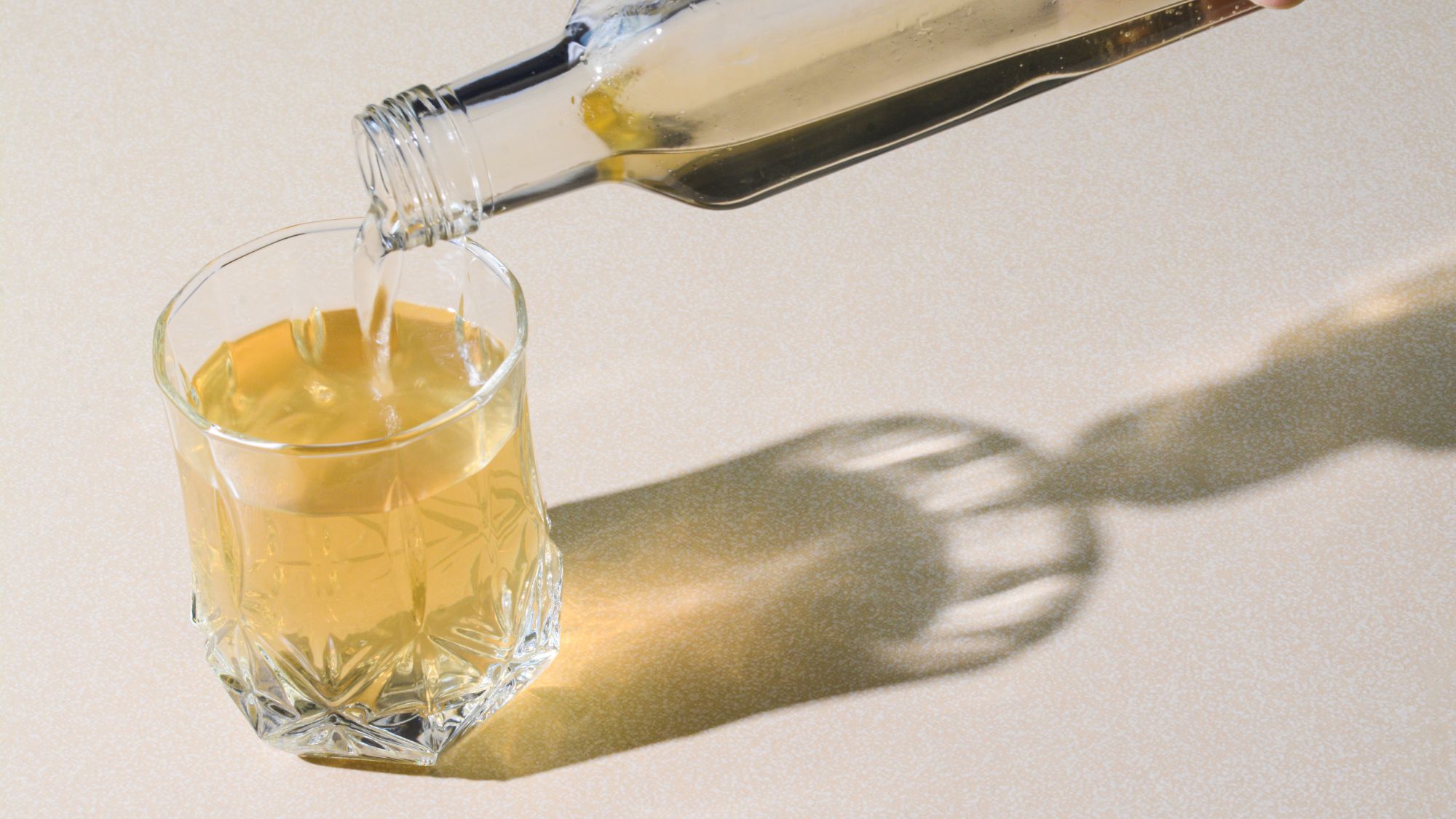
3. Add a veggie starter
In other words, eat your vegetables first during your meal, or munch on a pre-meal veggie starter.
Why? Because vegetables contain a powerful substance called fibre which can aid your digestion, she shares. "When you eat it at the beginning of a meal, the fibre has time to deploy itself in your digestive tracts and create a protective mesh in our upper intestine," she details. "This mesh then reduces the absorption of any glucose molecules coming down during the rest of the meal, again meaning that you get to eat the exact same meal as before, but with less of an impact on your glucose and on your body."
Her personal favourites span a fresh spinach salad with miso dressing, cucumbers with hummus, or roasted cauliflower. Top tip: ideally, your veggie starter should make up 30% of your meal. Enjoy.
Shop glucose-friendly aids now:

I'm a big fan of incorporating apple cider vinegar into my meals and drinks, with research from 2004 concluding that 20ml of ACV diluted in water could reduce blood sugar spikes post-eating. A similar 2007 study found that taking ACV before bed helped to moderate blood sugar levels in the morning.
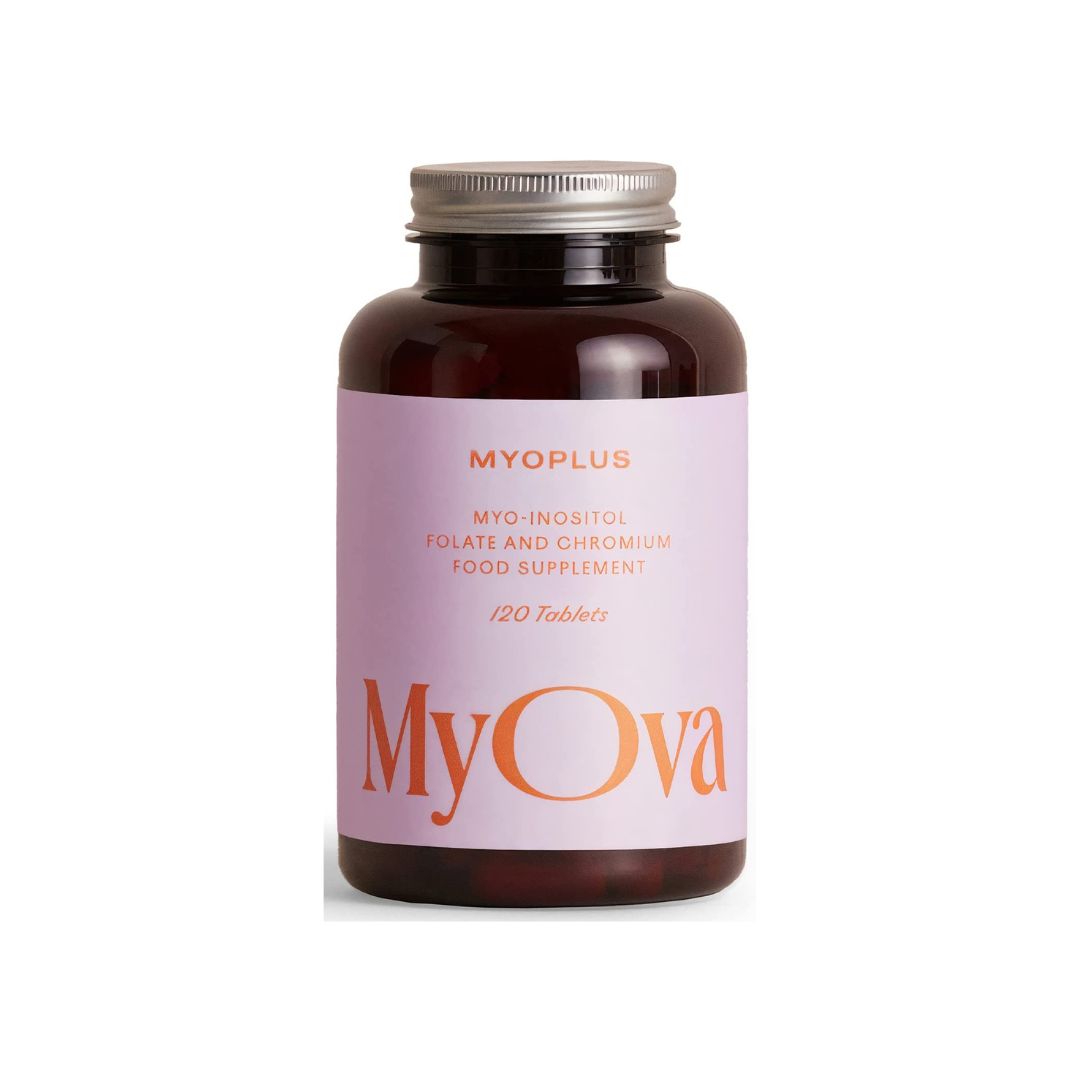
I've been supplementing these supplements for over a year now and believe they've helped regulate my periods as someone with PCOS. I like this brand in particular as it's award-winning, formulated by nutritionists, and used natural ingredients backed by science.
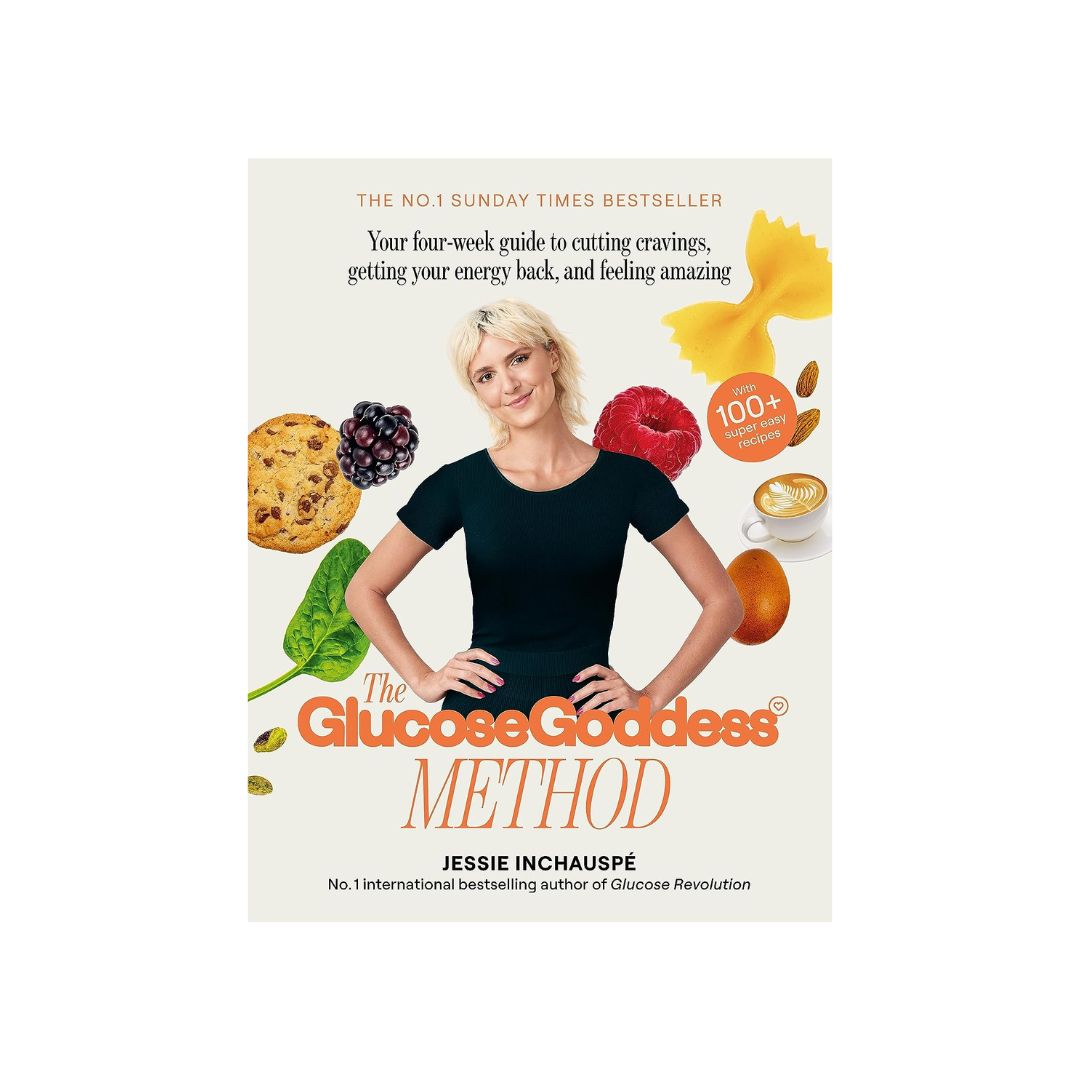
Jessie's book has everything you need to know about eating to stabilise your blood sugar levels - consider it a blood glucose bible, if you will. Not only does it break down fairly complicated science in easy-to-understand terminology, it also provides snack and meal examples to ensure you know how to implement this science into your day-to-day routine.
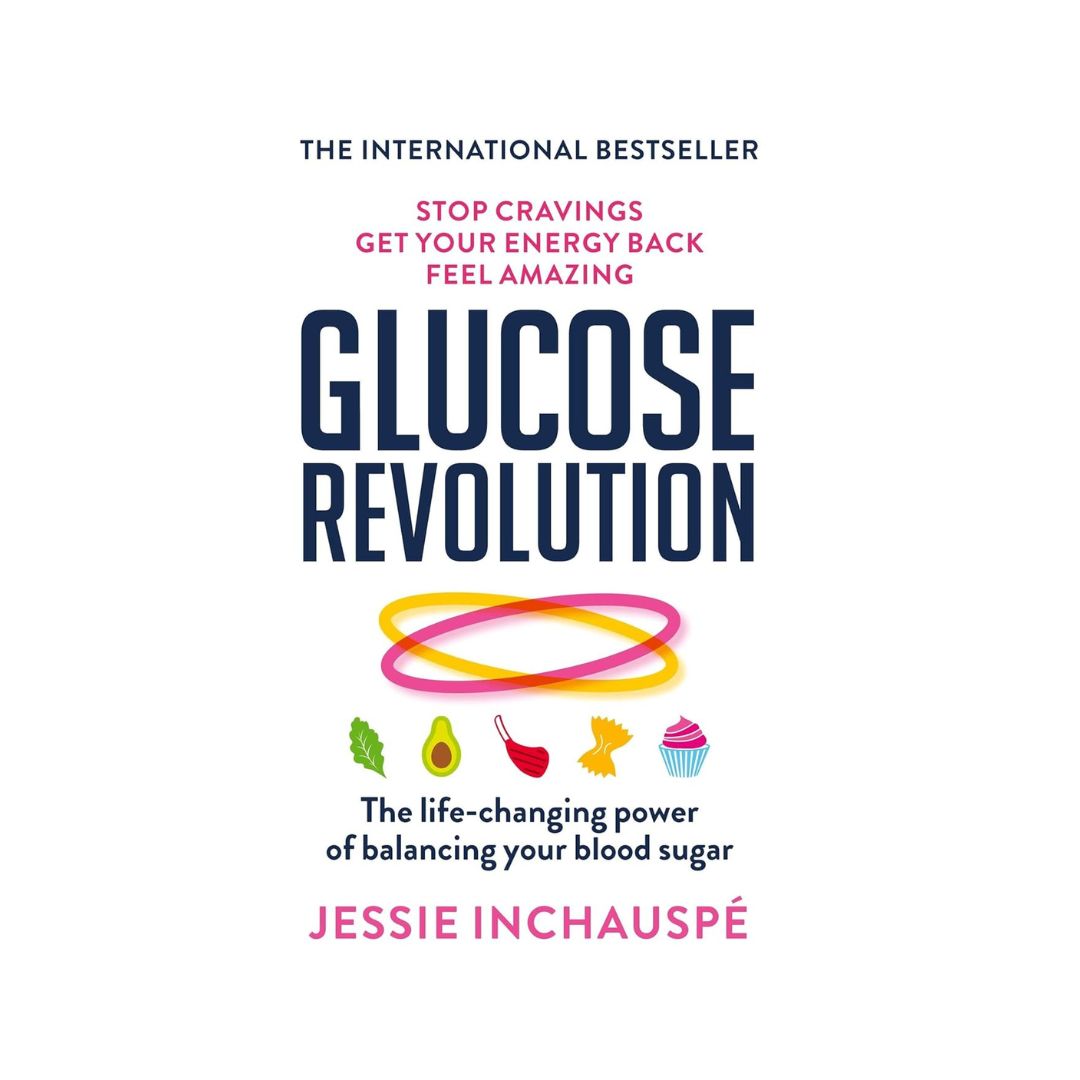
Jessie's earlier book contains fewer recipes but does spend chapters sharing in detail why blood sugar spikes can be detrimental to our wellbeing, plus share actionable tips for flattening your spikes, as well as case studies from real people who feel doing so has supercharged their health.
4. Get moving
Ever experienced a food coma before - you know, that lethargic, full feeling when you know you've eaten too much? This hack is for you, shares Inchauspé.
One simple way to minimise your blood glucose spikes is by doing as little as ten minutes of walking after eating. "90 minutes after the end of a meal, get up and use your muscles for ten minutes," she recommends. "I like to recruit a friend and go for a brisk walk outside, but you can also clean up the table, do the dishes, or organise a little dance party to your favourite songs in the living room."
So how does it work? "As you use your muscles, they will soak up the excess glucose in your bloodstream, in turn reducing the glucose spike of the meal you just had," she explains. "This prevents fatigue and helps your body manage the impact of the sugar you might have eaten."
5. Drink coffee after food
So many people opt for a cup of coffee to wake them up in the morning, but by the same logic, caffeine spikes glucose levels if consumed before food.
Try this: Avoid caffeine on an empty stomach, instead enjoying your caffeine fix after your breakfast.
Why did the Glucose Goddess start her research?
Jessie shares that she broke her back when she was 19 years old, and after intense physical surgery, started developing mental health issues. "I felt lost and alone and confused about how to fix myself," she shares with MC UK.
"I studied biochemistry trying to find the answers, but nothing helped until I came across glucose science," she continues. "I discovered by wearing a glucose monitor that glucose spikes coincided with my poor bouts of mental health, so I set out to figure out simple, manageable ways to steady my glucose levels."
"It helped me to see the end of the tunnel after almost a decade of depression and anxiety," she concludes.

Ally Head is Marie Claire UK's Senior Health and Sustainability Editor, nine-time marathoner, and Boston Qualifying runner. Day-to-day, she heads up all strategy for her pillars, working across commissioning, features, and e-commerce, reporting on the latest health updates, writing the must-read wellness content, and rounding up the genuinely sustainable and squat-proof gym leggings worth *adding to basket*. She also spearheads the brand's annual Women in Sport covers, interviewing and shooting the likes of Mary Earps, Millie Bright, Daryll Neita, and Lavaia Nielsen. She's won a BSME for her sustainability work, regularly hosts panels and presents for events like the Sustainability Awards, and is a stickler for a strong stat, too, seeing over nine million total impressions on the January 2023 Wellness Issue she oversaw. Follow Ally on Instagram for more or get in touch.
-
 Mytheresa is having a secret sale right now and these are the 11 cult items I'm eyeing
Mytheresa is having a secret sale right now and these are the 11 cult items I'm eyeingIncluding the designer bag that was everywhere at Milan Fashion Week
By Clementina Jackson
-
 Prince Harry reportedly extended an 'olive branch' to Kate and William on latest UK trip
Prince Harry reportedly extended an 'olive branch' to Kate and William on latest UK tripBig if true
By Iris Goldsztajn
-
 How Prime Video is protecting Blake Lively amid her new movie promo
How Prime Video is protecting Blake Lively amid her new movie promoAn understandable move
By Iris Goldsztajn